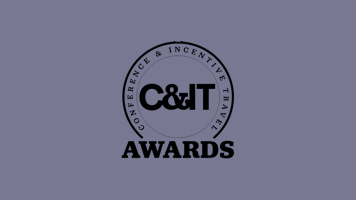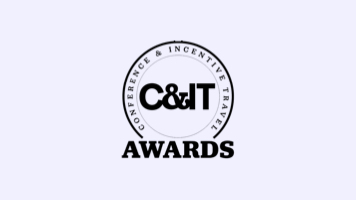
Traditionally, most agency work is reactive: preparing pitches in response to RFPs; responding to clients’ needs; following the creation of a product with a campaign. Now, many are working more proactively across clients’ businesses, being more selective about who they work with and advancing their own ethical commitments. At a recent roundtable with experts from The Drum Network, we asked what the purpose of an agency is in 2022.
Mark Iremonger, managing director UK, Nucco
The word ‘agency’ is massively overused. For me, the role of an agency is to bring expertise to solve a problem that any organization or business can’t because they can’t afford to retain the level of talent to solve that particular problem. It’s about being able to bring together that team of experts. That never changes.
Gavin Shinfield, chief sustainability officer, Kyan
We have a unique position and unique access to the way a lot of companies are perceived and the way they develop. On that basis, we have a responsibility to drive forward change, and for our work to be an improvement over the status quo, however small, however incremental. And to make those changes on a day-to-day basis.
Maddy Cooper, chief commercial officer, Brilliant Noise
We have a two-fold responsibility. One is to inspire consumers to make better choices, therefore cyclically creating a stronger market desire for ever-better products that are better for the planet and society. And secondly, a responsibility to shine an objective light back into organizations to help them keep seeing the requirement to be better through the whole supply chain – and really mean it and really change. Otherwise, they’re in jeopardy as organizations.
Jake Dubbins, managing director, Media Bounty
Clients will have their own individual culture and agencies get to work across clients and different audience groups. So it’s about bringing the outside in from an expertise point of view, from an audience point of view and also from a cultural-society-big-picture point of view. Thinking about the climate, for example, we have to bring in the fact that we’ve never faced this threat before and most of us are still quite blasé about it. Bringing the big picture to businesses that might be quite narrow is our responsibility.
Christopher Hercik, chief executive officer, HEVĒ
As an industry, we have to acknowledge that all of these commitments to employees and consumers are ongoing and evolving. As our clients evolve, we have to continue to evolve with them. The one exception I would make is that we have the opportunity to lead the way and control the narrative – many agencies are experts in stories and storytelling. That’s our opportunity to create a place where people feel they belong, and a place to move humanity forward by creating positive impact in cultures. I know that’s optimistic, but I think we can do that.
Aislinn O’Toole, regional director, Ireland, Jellyfish
It’s also about holding them true to those values, holding them true to what they said they were going to do, and not just looking at short-term gains. Sometimes that means saying, “no, this is what we said our long-term strategy was going to be and this is how we’re going to do it.” We have to hold pace – and take the wheel – to make sure we’re going to get there.
Harpreet Bushell, group managing director, Lab Group
We have clients and we need to pay the bills, so it’s always going to be commercial. But we have a responsibility to use our unique skillsets and tools that haven’t been available before – technically, digitally, AI (artificial intelligence), all the rest of it – to create progressive solutions that make a difference. That should be a core element of what we’re doing as agencies, especially within the digital world, because we have the people who really understand that space and the tools. So we have the ability to make the necessary changes.
Tomasz Dyl, managing director, Gottabe Marketing
It’s about being the driving force, as much as we can, to get all of those balls rolling – to be bold and be bright. We’re not just doing it for ourselves, we’re not just doing it for our clients; we’re doing it for the next generation. If we don’t do it, no one else is going to do it for them.
Read the full article originally appearing on The Drum



